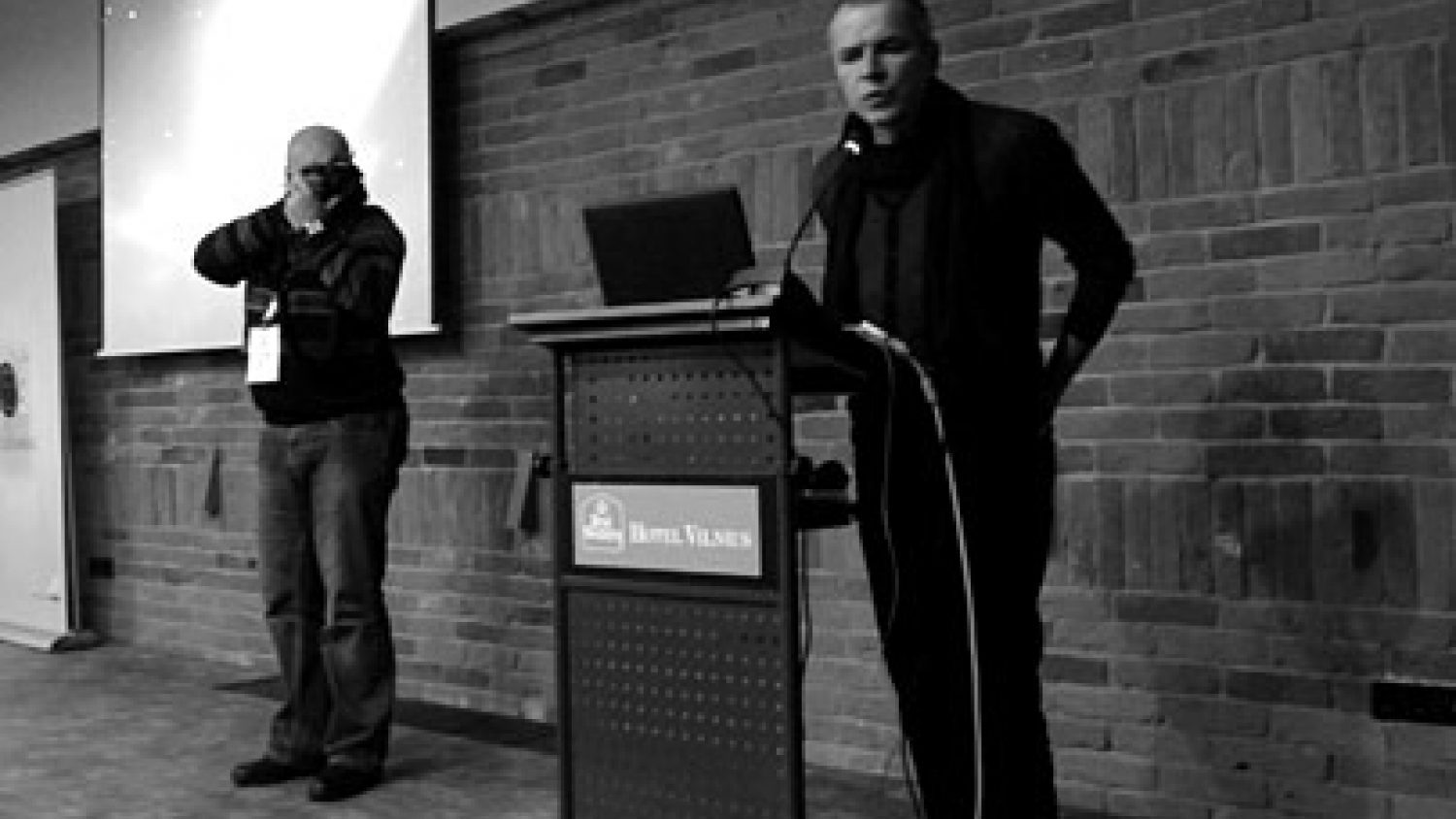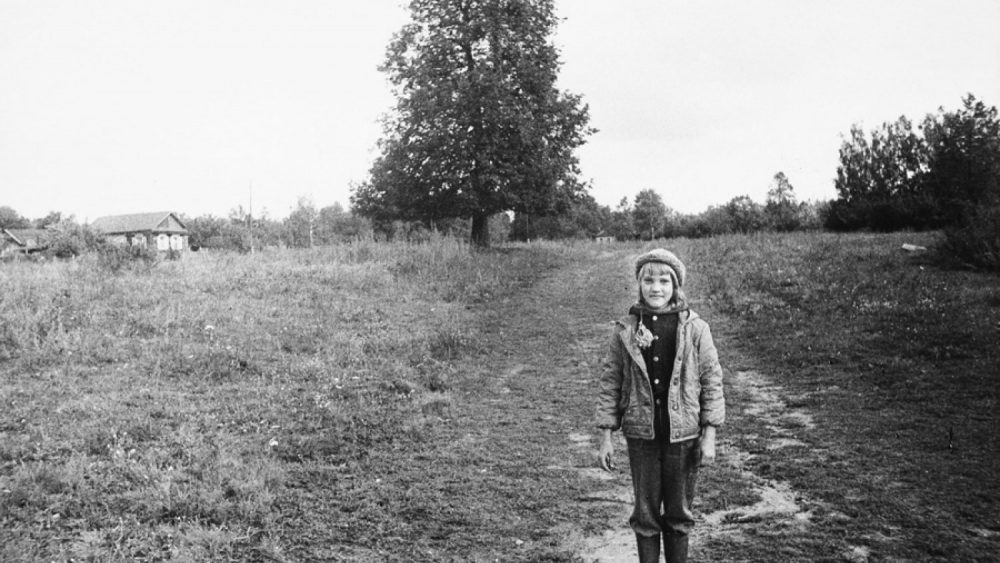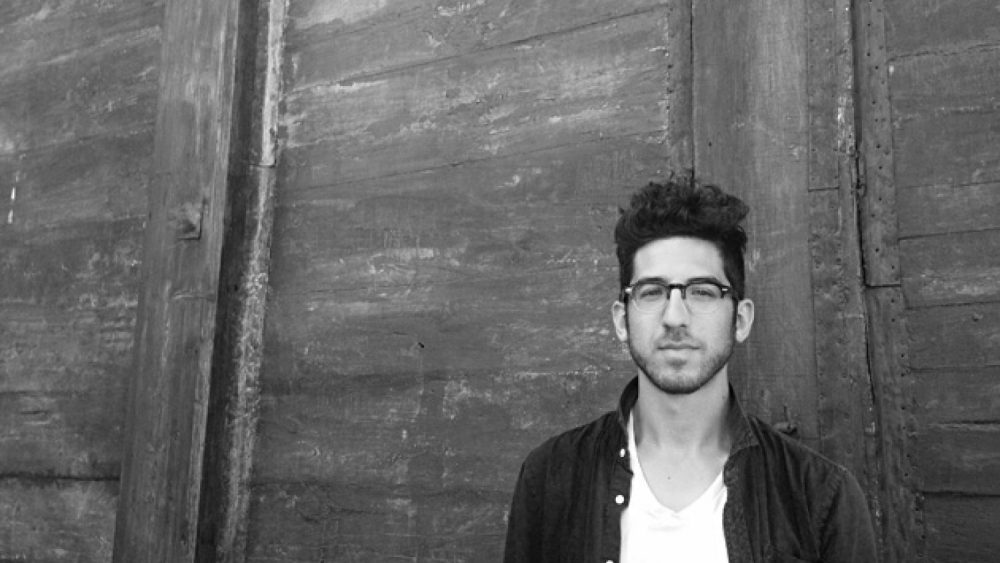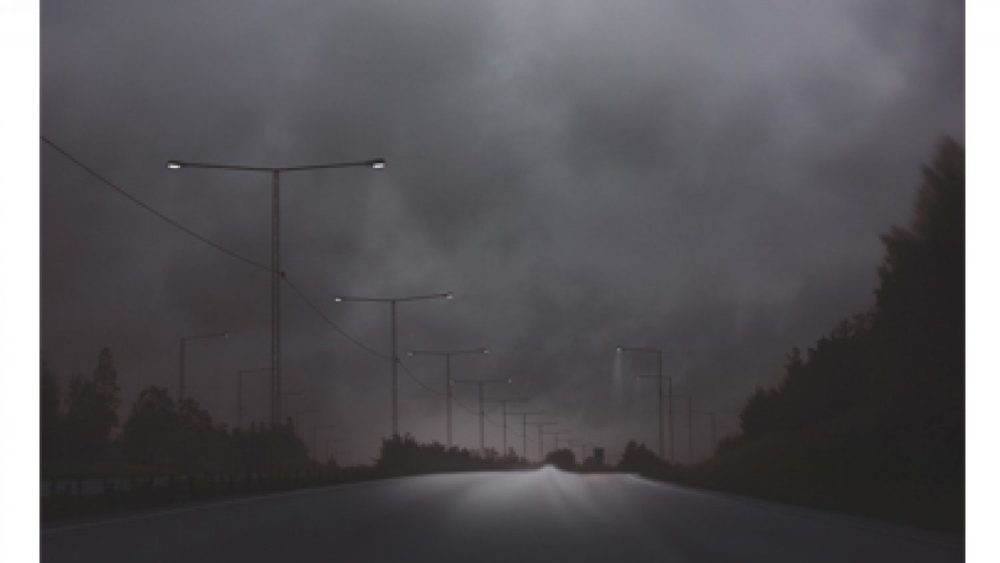Interview with Yuri Kozyrev
Yuri Kozyrev (Юрий Козырев, 1963) is a legend in Russian photojournalism. For twenty years he has been photographing military conflicts, warfare and revolutions in the hottest spots around the globe. This year alone he witnessed four revolutions – in Yemen, Egypt, Bahrain and Libya. His photographs can be regularly seen on the pages of the Time magazine. Kozyrev works on his own, he also selects the photographs according to his own judgement. Last Saturday he visited Vilnius in order to share his experiences and show his work in the framework of photo seminar Photo Circle. “Vilnius ranks the first place in the world as to the number of suicides, but has anyone of you made a photo story about it?” the master asked the audience, noting that the photojournalism crisis lies in the heads of the photographers and not in the lack of opportunities, ideas or demand. He praised digital technologies for providing new prospects in photography. Alongside his own photos in the presentation on Iraq he had also exhibited the images and videos taken by the locals using their mobile phones, thus intensifying the feeling of presence and credibility.
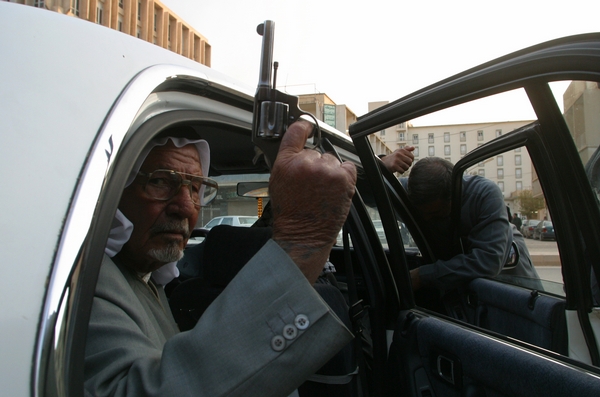
You must be stopping in Vilnius only for a short while and tomorrow will come with other duties and responsibilities. What does your schedule look like?
It’s horrible, because there is no such thing as private life! Once there was a year when I spent only 30 days with my family. My schedule is overloaded, especially this year when four revolutions took place. I’m interested not only in the actual processes, but also in the aftermath of the events. Usually I live on the location – for example, when there was a war in Iraq, I actually lived there. Now I was supposed to live in Cairo, but something comes up all the time. Yesterday I was in Athens, but next week I’m going to London. Lately I’ve been increasingly working in Europe. It is something new for me, there are other nuances, it is totally different and more complicated. For instance, it is difficult to take photographs in a gasmask.
For a great deal of time you have been working with the agency Noor…
I’m one of its founders. If all of us are busy, it’s a good sign and it means the agency is well. Once or twice a month we meet over Skype, and it’s a must to meet in person, too, however there might be exceptions to that. Our last meeting in person was in August in Amsterdam, where I went wearing a white shirt and a blazer. At that time fights in Tripoli started, so I went to photograph the liberation of Tripoli wearing the same white shirt and blazer. The agency takes care of business, we have appointed a specialist who works on that. Yet, what is important in this area is the mutual understanding. I have other duties, too, like the Time magazine. For 12 years I have been in contractual relationship with this magazine. If I am involved in something, they want to know what it is. I cannot undertake something that they have no clue about. However, our interests and needs match, we don’t have any unnecessary misunderstandings. For instance, now I want to live in Cairo and they are supportive of that.
Usually in war zones photographers work in groups and witness one and the same events. How do you manage to see something else that others have paid no regard at all?
It derives from the experience that is very individual, as well as motivation and self-preservation instinct. When you photograph news, you follow your intuition, and in places where warfare has broken out, it is uttermost important to keep the self-preservation instinct alive. It’s bad when a person stops feeling fear. I often work together with other photographers, and it’s a norm. On occasions when you have to construct complicated photo stories, as, for example, the one in Libya, I stay together with my colleagues. Usually they are two or three individuals that I rely on and that I know will help each other if necessary. When we take off in the morning to photograph the front line, there will always be someone amongst us, who will have a better perception of what is happening at that day and who will take the initiative. It is some kind of inner voice, which approves that we can go further than other photographers. Or, on the contrary, this voice disapproves such a step and the friends you are cooperating with also take it into account. It’s something that has formed over experience. And not always it’s the story of success, at times we fail as well. It’s part of profession – if you take photographs of war, you must be ready that anything can happen to you.
Coming across to such a great deal of warfare horror, haven’t you developed some kind of immunity?
If I become a cynic, I will cease to take such photographs. For me, it is not the composition that plays a crucial role in photography. In fact, the composition is in the last place of my hierarchy. The most important task is to capture emotions, the rest is insignificant. It is relevant to be able to see the emotions and to document them in photographs, to create an image that would evoke some response in the spectators. Nowadays there is such an abundance of visual information that people have stopped reacting to the sad reality we encounter every day being there and seeing it with our own eyes. The camera helps us, it protects and allows seeing things that passers-by don’t want to see. Yet, it is extremely difficult to reach a spectator in the not so well-off America and Europe, in order to tell about other countries in the world. The statistics reveal that on average a spectator spends one and a half second to have a look at the photo of the day in the Time magazine. But when you think of the effort we have put in that… The world has become visual and people are not interested in analytics, they don’t want to read The New Yorker. On one hand, it is great for us, the photographers, as it provides more opportunities, but on the other hand, it is much more complicated to produce an image that can attract and keep the spectator’s attention. If I become a cynic, it will definitely break through in my photographs. Then I will rather engage myself in making coffee, because it will be more honest.
Don’t you suffer from nightmares during the night?
No, but I go through many emotional breakdowns. This year a close friend and a colleague of mine Tim passed away. I admired his talent and loyalty to his profession. It’s not easy to accept the reality when at one point you chat with him over a cup of coffee, take leave for a week, communicate over Skype, but after two hours he’s gone. There are some things that will always stay in your heart. And this is not the first time it happens. We are a very close group working in war zones and not always other people understand us. I don’t think that our profession can be understood by the people that take photographs of weddings or work on commercial orders. Why do we do it? The answer is simple – someone must do it. Like treating tuberculosis is not a particularly gratifying job, but someone must do it.
How did you choose the path of a photojournalist?
It was a pure coincidence. Before that I lived in some kind of a bubble and went through quite a long studying period. At that time I had totally different interests in photography. It was simply a matter of fate that at the moment that I felt I was ready to take photographs, the Soviet empire collapsed and it was a natural choice to become a photojournalist, because so many events took place at one and the same time. It was only the question of getting everywhere what I tried to do as much as I could. Later I visited Chechnya, Afghanistan, then Chechnya again, Iraq… It sounds like it was a long time ago, but actually it’s quite a recent history. Each reporter can be compared to a good sportsman who runs the short distance – we are not immortal. Soon I’ll be 50 and when you are 60 years old, it’s getting harder to accomplish the same things that 20-year-olds can. I will miss the news, yet I will remember that I will have witnessed extraordinary changes that happened right before my eyes. It is more valuable than anything else. Someone who affords to spend a vacation in a five-star hotel in Bali, doesn’t even understand that my life is so much more wicked, because I have been present at historical changes. This year alone I witnessed four revolutions! I don’t know any photographer who had managed to document as many revolutions in an entire life!
Do you take photographs beyond your working hours, too?
Yes, of course, it is my lifestyle, it is my language and my way of expression. I don’t differentiate between photographs that I make for others and myself; I simply live in photography. I spend a lot of time examining the work of my colleagues; I learn and develop my skills. Today we have unrestricted opportunities – we can check and follow our colleagues on internet. When I started taking photographs, we didn’t have such conditions, and the access to information was limited. Now I can see and appreciate the contemporary level the photographers have reached. I can practice myself and get inspired. I find the inspiration all the time. It can be compared to watching a good film.
Is it important what kind of camera you use?
It’s been a long time since I paid any attention to that. Now I work with Nikon, because they help Noor. We are in a good relationship with Nikon, because they don’t aspire to the popularisation of their product, they have a different conception. Nikon cares that there is a bizarre group of photojournalists that needs to survive, therefore they are eager to support completely crazy ideas. And the camera here is least important. Besides, half of the agency photographs with Leica, but it has not caused any problems in our relationship with Nikon. I used to have Leica and Canon. In my opinion, a photographer must feel comfortable with his/her camera and it must be an extension of himself/herself. If there are any problems with the camera, or it is difficult to switch the aperture, one has to study how to do it properly. A comparison may be drawn with a bus driver, because he wouldn’t drive a bus with an automatic gearbox.
Ethics is an issue often mentioned in relation to photojournalism. How crucial it is for yourself?
The whole life consists of it, especially in this digital age. Now we have a huge responsibility. We have to prove constantly that the images we have taken are true. The questions of ethics prevail over all other matters, they must be taken into account at the moment of taking photographs, too. They are like 10 imperatives of any religion that must be obeyed by any photojournalist when working in “the enemy’s territory”. If you do something wrong, soon you will be punished. Not everyone can work in such conditions. The code of conduct, ethics and responsibility must be taken into consideration in our profession. Anyone can become a photographer, but not everyone can work with a high sense of responsibility in relation to the photo stories they produce. Of course, here I’m not referring to photographs appearing in blogs that you can express your liking for by voting, but about the photographs that have become the evidence of history.
